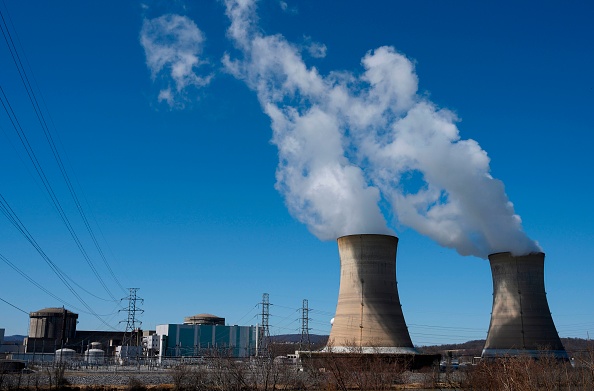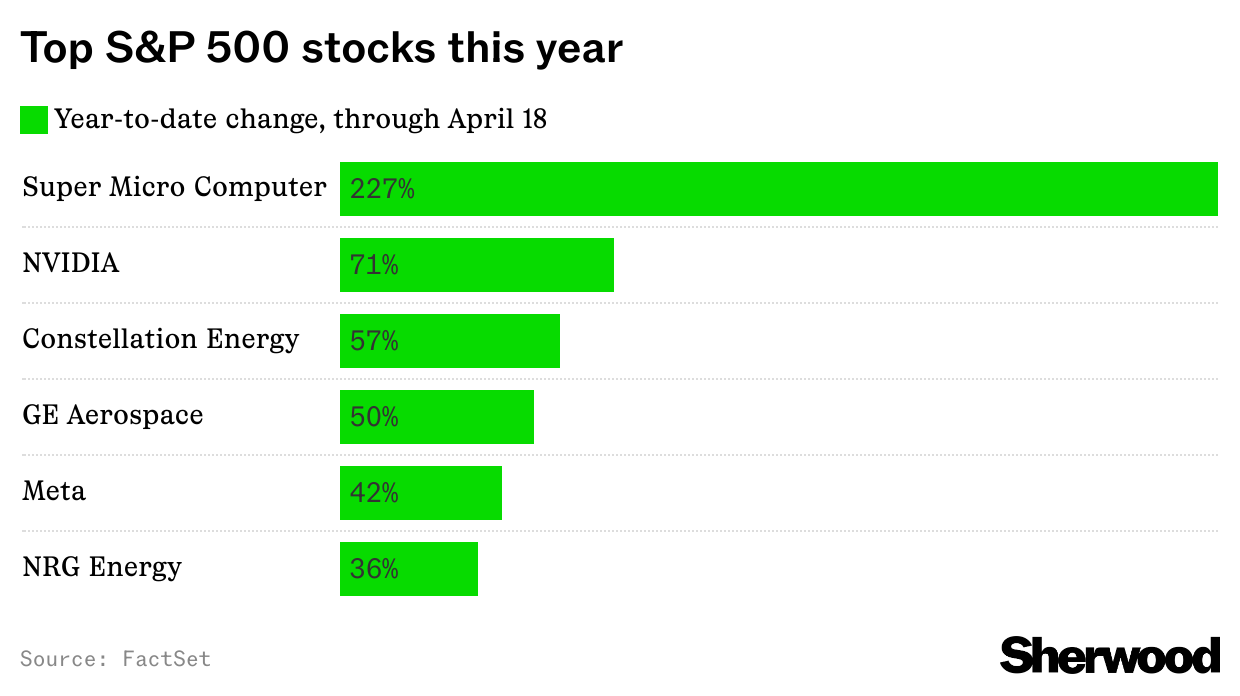Monday Jul.12, 2021
🚀 Inside the space race
_Spotted, UFB: Unidentified Flying Billionaire [Marc Ward/Stocktrek Images via GettyImages]_
Hey Snackers,
You've heard of inflation, but have you heard of "shrinkflation"? The price stays the same, but the portions get smaller. Recent victims include Cheerios and Cocoa Puffs.
Stocks closed at record highs again last week. Investors shrugged off "the economy is overheating" worries in favor of "recovery could slow down" worries. Big Tech growth stocks benefited: Amazon, Microsoft, and Apple shares notched fresh records.
Launch
Inside the Space Race: Branson, Bezos, and the future of the space industry
Comet me, bro... The Space Battle of the Billionaires has moved from the Twitter sphere to the thermosphere. Yesterday, Virgin Galactic founder Richard Branson boarded Virgin's VSS Unity, traveling faster than three times the speed of sound to reach the edge of space. Branson just became the first billionaire founder of a space company to go to space on his own spacecraft (meta). Next up is Jeff Bezos, who announced his own trip before Branson decided to out-space him. The former Amazon CEO plans to take off on a Blue Origin spaceplane on July 20, along with his brother and a mystery bidder who's dropping $28M to join them — or $2.5M per minute of ride time.
Spaghetti Apollo-gnese... Apart from fueling billionaires' egos, these trips are major endorsements for NASA-sponsored space tourism (think: restaurant bookings on the ISS). NASA is leaning on private companies to help commercialize space. In May last year, Elon's SpaceX became the first private company to send humans to space. In May, Virgin completed its first human spaceflight, a critical step before it flies space tourists — ETA: early 2022. While $250K tickets to space make headlines, tourism is still a tiny sliver of the space industry.
- Satellites: One of the largest space industry subsectors, providing everything from WiFi, to telecom, to GPS and weather sensing. SpaceX's Starlink project has already launched 1K+ high-speed internet satellites into low earth orbit — and is accepting $99 preorders.
- Defense: The real-life Space Force. For fiscal year 2022, the Pentagon requested $21B to invest in outer space security. Defense giants Lockheed Martin and Boeing both have space divisions.
- NASA missions: Boeing is developing a spacecraft for NASA flights, and Elon's SpaceX won a $2.9B contract to develop a NASA lunar lander, beating out Bezos' Blue Origin (RIP Prime Moon delivery).
This isn't sci-fi... The space industry is taking off in a real way. Space startups raised $7B in 2020, double what they raised in 2018. Today "space customers" mainly consist of governments and companies paying to launch satellites, cargo, and astronauts into space. In the not-so-distant future, they could be commercial space tourists. In the more distant future, they could be space colonizers on the Moon and even Mars (see: Elon's Martian vision).
Events
Coming up this week...
Waiting for the drink trolley like... Delta is rolling up with earnings for the quarter ended in June. Compared to 2020's tomato juice numbers, 2021 might look like champagne: TSA traveler volumes are back to 85% of pre-pandemic levels, and Delta's expected to report a sales increase from last year (no shocker there). Domestic recreational travel is rebounding — Fourth of July flyers even surpassed 2019 levels. But international and business travel, which brings in 75% of airline profits, remains grounded. Bill Gates said that half of biz travel may never return.
Get DJ D-Sol in here... Goldman Sachs' DJ-ing CEO David Solomon (aka: the banker who drops bangers) is dropping earnings instead. It's Big Banks earnings week, with Chase, Citi, Goldman, and others unveiling their numbers. In April, Chase and Goldman revealed record quarterly profits thanks to the IPO-palooza. Corporate and investment banking made up nearly half of Chase's revenue that quarter, and most of Goldman's. Despite a record first half for M&A activity, analysts expect that trading and loan revenue has slowed from last year.
Zoom Out
Stories we're watching...
Big week for stablecoins... Stablecoin = a type of cryptocurrency whose value is tied to an asset like the dollar or gold. USD Coin, one of Earth's largest dollar-pegged stablecoins, made headlines last week. Visa said it'll allow cardholders to pay with USD Coin at 70M merchants worldwide. Merchants will get paid in fiat (aka: regular) currency. Meanwhile, Circle — the firm that operates USD Coin — is going public via SPAC at a $4.5B valuation. While crypto mainstream-ification is advancing, regulator scrutiny of the crypto market is also heating up.
Feeling the pushback... Big business in the US. On Friday, President Biden signed an exec order to curb the dominance of companies in industries including shipping, agriculture, healthcare, and tech. The goal: promote competitive markets and limit corporate dominance in everything from railroads to prescription drugs. It's part of a broader effort to confront consolidation and perceived anti-competitive pricing in big industries — and it has big companies on edge.
ICYMI
Last week's highlights...
- Antitrusted: BMW and Volkswagen were fined $1B for colluding to avoid building greener car tech.
- Blocked: Didi's mega IPO party gets cut short, as China blocks app downloads and signups for the ride-hail giant.
- Fitted: Torrid's hot IPO: how the plus-size retailer is tapping into a major, underserved market.
What else we’re Snackin’
This Week
- Monday: Earnings expected from Simulations Plus
- Tuesday: Earnings expected from Chase, Goldman Sachs, and Pepsi
- Wednesday: Earnings expected from Citi, Bank of America, BlackRock, Wells Fargo, and Delta
- Thursday: Weekly jobless claims. Earnings expected from UnitedHealth and Morgan Stanley
- Friday: Earnings expected from Charles Schwab and State Street
Authors of this Snacks own shares of: Amazon
ID: 1717038
.png)

